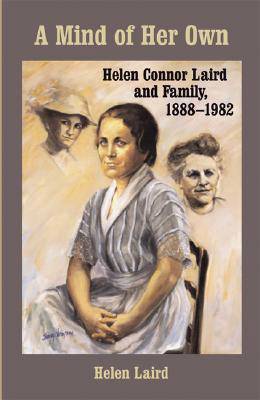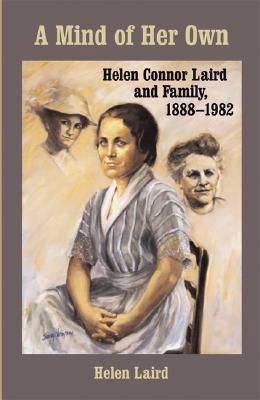
- Afhalen na 1 uur in een winkel met voorraad
- Gratis thuislevering in België vanaf € 30
- Ruim aanbod met 7 miljoen producten
- Afhalen na 1 uur in een winkel met voorraad
- Gratis thuislevering in België vanaf € 30
- Ruim aanbod met 7 miljoen producten
Zoeken
Omschrijving
Though the Russian Symbolist movement was dominated by a concern with transcending sex, many of the writers associated with the movement exhibited an intense preoccupation with matters of the flesh. Drawing on poetry, plays, short stories, essays, memoirs, and letters, as well as feminist and psychoanalytic theory, Beyond the Flesh documents the often unexpected form that this obsession with gender and the body took in the life and art of two of the most important Russian Symbolists. Jenifer Presto argues that the difficulties encountered in reading Alexander Blok and Zinaida Gippius within either a feminist or a traditional, binary gendered framework derive not only from the peculiarities of their creative personalities but also from the specific Russian cultural context. Although these two poets engaged in gendered practices that, at times, appeared to be highly idiosyncratic and even incited gossip among their contemporaries, they were not operating in a vacuum. Instead, they were responding to philosophical concepts that were central to Russian Symbolism and that would continue to shape modernism in Russia."
Specificaties
Betrokkenen
- Auteur(s):
- Uitgeverij:
Inhoud
- Aantal bladzijden:
- 526
- Taal:
- Engels
- Reeks:
Eigenschappen
- Productcode (EAN):
- 9780299214500
- Verschijningsdatum:
- 1/01/2009
- Uitvoering:
- Hardcover
- Formaat:
- Genaaid
- Afmetingen:
- 161 mm x 237 mm
- Gewicht:
- 825 g

Alleen bij Standaard Boekhandel
+ 94 punten op je klantenkaart van Standaard Boekhandel
Beoordelingen
We publiceren alleen reviews die voldoen aan de voorwaarden voor reviews. Bekijk onze voorwaarden voor reviews.







